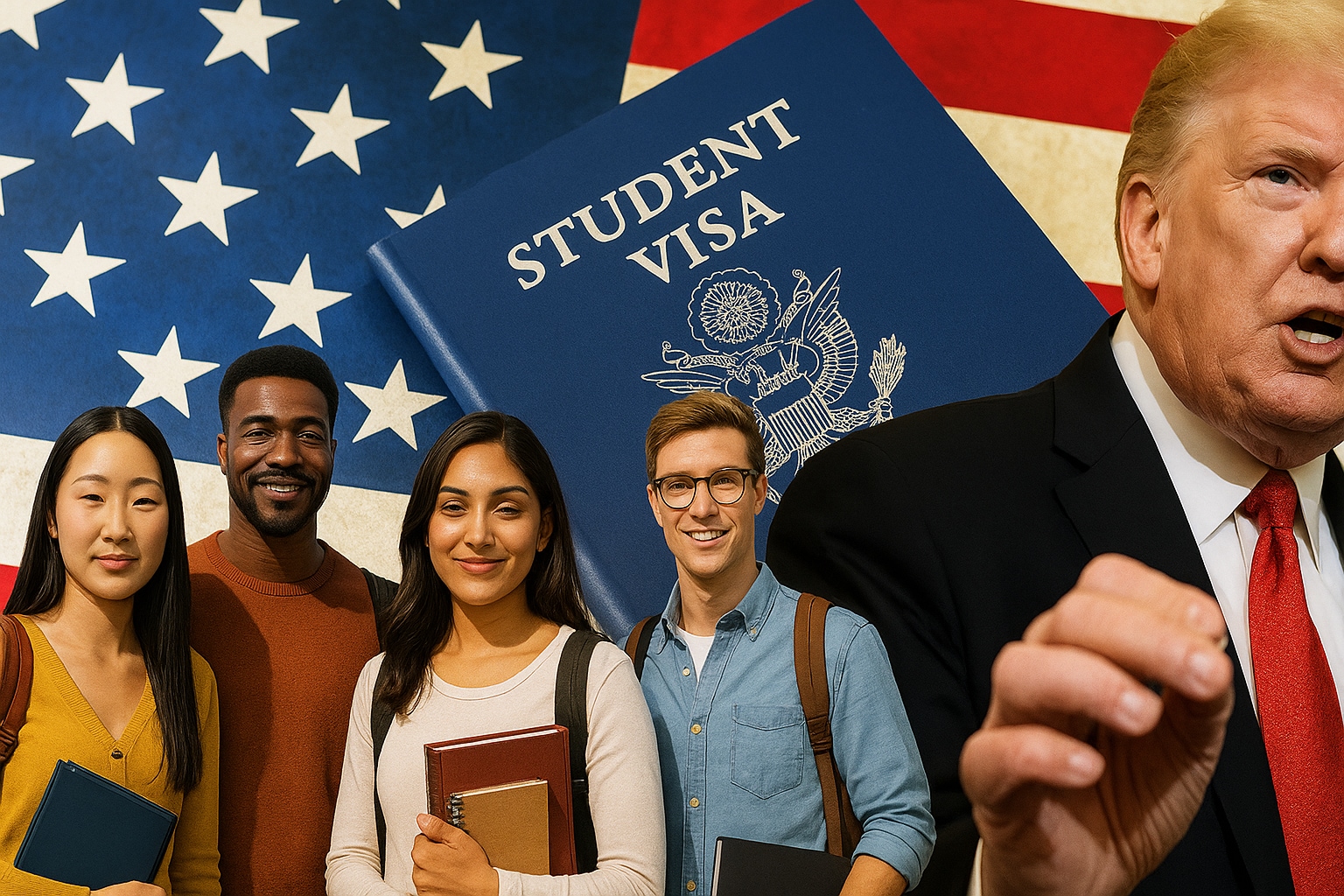USCIS Clarifies $100K H-1B Fee Exemption for In-Country F-1 to H-1B Transitions Amidst Stricter Student Visa Policies
The clarification on the H-1B fee provides crucial relief for international students already in the US, while broader policy changes signal a more rigorous environment for all skilled visa applicants.

Subscribe to our newsletter and stay informed about latest H1B news, policy updates and and other developments.
Article Summary
The article details a new $100,000 H-1B visa fee, clarifying it applies only to new petitions for beneficiaries outside the US and is a one-time charge. It specifies that international students already in the US on F-1 visas, seeking an in-country change of status to H-1B, are exempt. The piece also outlines a timeline of stricter US student visa policies implemented throughout 2025, including expanded vetting and narrowed interview waivers.
Original Article: indianexpress.com
[ Sentiment: neutral | Tone: factual ]
This summary and analysis were generated by TheNewsPublisher's editorial AI. This content is for informational purposes only; it does not constitute legal or immigration advice.
[ Sentiment: neutral | Tone: factual ]
This summary and analysis were generated by TheNewsPublisher's editorial AI. This content is for informational purposes only; it does not constitute legal or immigration advice.
TNP AI: Key Insights
This clarification on the H-1B fee is a significant development for current international students in the US, alleviating a substantial financial burden for those transitioning from F-1 to H-1B status domestically. However, the broader context of stricter student visa policies and increased vetting indicates a challenging landscape for future international students and skilled workers applying from abroad.
The introduction of a $100,000 H-1B fee, even if narrowly applied, marks a substantial increase from previous administrative fees, reflecting a trend towards using fees as a tool to manage immigration flows rather than solely cover processing costs. Historically, H-1B fees have been much lower, primarily covering program administration and specific initiatives.
For tech startups and other employers, this clarification means that hiring international talent already within the US (e.g., from OPT) remains more financially viable than sponsoring new hires from overseas who would incur the substantial $100,000 fee. This could incentivize employers to focus on the domestic talent pool of F-1 visa holders, potentially impacting global recruitment strategies.
The Trump administration's policy, particularly the high H-1B fee and stricter student visa vetting, sets a precedent for restrictive immigration measures. Future administrations may either reinforce or roll back these policies, but the groundwork for significant fee increases and heightened scrutiny in skilled worker and student visa categories has been firmly established.




